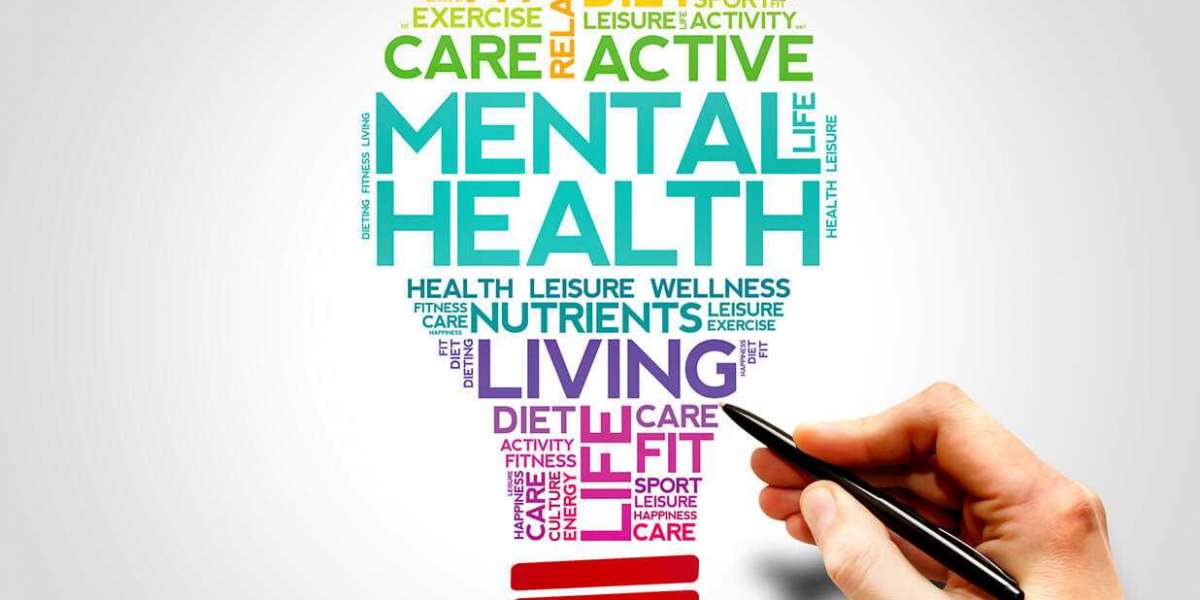Mental health is a crucial aspect of overall health and well-being. It encompasses our emotional, psychological, and social well-being and affects how we think, feel, and act. A positive mental state enables us to handle everyday stressors, maintain healthy relationships, make good decisions, and achieve our goals. However, mental health problems can have a profound impact on our ability to function and enjoy life.
Mental health disorders are common, affecting one in four people globally. These conditions can manifest in a range of ways, including anxiety disorders, depression, bipolar disorder, schizophrenia, eating disorders, and substance use disorders. Symptoms may include persistent sadness, worry, irritability, difficulty concentrating, sleep disturbances, changes in appetite, social withdrawal, and substance abuse. Mental health disorders can be caused by a range of factors, including genetics, environmental stressors, traumatic experiences, and brain chemistry imbalances.
Mental health problems can be disabling and negatively impact an individual's quality of life. People with mental health disorders may struggle with school or work, have difficulties with social interactions, experience relationship problems, or struggle to maintain their physical health. The effects of mental illness are not limited to the individual but can also affect their family, friends, and the wider community.
However, mental health disorders are treatable, and there are several effective treatment options available. Treatment options may include psychotherapy, medication, support groups, and lifestyle modifications. Additionally, it is essential to maintain healthy lifestyle habits, such as eating a balanced diet, exercising regularly, getting enough sleep, reducing stress, and avoiding substance abuse.
One of the biggest challenges in addressing mental health problems is the stigma and discrimination associated with it. Many people with mental health disorders face discrimination and isolation, which can further exacerbate their condition. Therefore, it is crucial to raise awareness and promote acceptance of mental health disorders to help people access the support and treatment they need.
It is also essential to seek help early if you suspect that you or someone you know may be struggling with a mental health disorder. Early intervention can improve treatment outcomes and prevent the progression of symptoms. Talk to your healthcare provider if you experience persistent or severe symptoms of anxiety, depression, or any other mental health disorder.
In conclusion, mental health is a critical aspect of overall health and well-being. Mental health disorders are common and can have a profound impact on an individual's quality of life. However, these conditions are treatable, and there are several effective treatment options available. It is essential to seek help early if you or someone you know may be struggling with a mental health disorder. Furthermore, promoting awareness and acceptance of mental health disorders is crucial to help individuals access the support and treatment they need. By taking care of our mental health, we can live happier, healthier, and more fulfilling lives.








